Velyka Pysarivka, Ukraine
The residents of Velyka Pysarivka had almost finished renovating their municipal library. They laid the floor with large white tiles, built a special section for hundreds of brightly-colored children’s books which they brought in from the city, and even painted a large cartoon giraffe with oversized spectacles on one wall to make the place feel welcoming.
Although the Ukrainian village was close to the Russian border it had, until last month, escaped the worst of the war. And with no end to the conflict in sight the townsfolk decided they had to get on with their lives and invest in the future.
One glide bomb can turn even the most well-built bunker into a crater
Then, just over three weeks ago, huge Russian bombs began falling. One of them wrecked the new library. Another one destroyed the post office down the street. A third punched a huge hole in the village school. By the time the attack finished, four days later, the town had been almost completely gutted, the streets were strewn with bricks and rubble, and the children had all gone — evacuated by the Ukrainian authorities in convoys of buses.
On the plains of eastern Ukraine, the Russian military machine — flush with new recruits, Iranian drones and North Korean ammunition — is slowly grinding its way forward. After its success in seizing Avdiivka, a small town near Donetsk that had some of the strongest fortifications of any Ukrainian position, it now has several other towns in its sights along the 700 mile front line.
In tandem, Vladimir Putin, the Russian president, may be attempting to create a “cordon sanitaire” along Ukraine’s northern border with Russia proper. In recent weeks he has stepped up attacks on Kharkiv, Ukraine’s second city, in what many believe is an attempt to make the city unlivable. Not only this, but Russian forces have also begun eviscerating small towns like Velyka Pysarivka, which had a pre-war population of 4,000 and is close to the Russian border.
The Kremlin has talked for a while about the idea of creating a cordon sanitaire inside Ukraine. But the notion has been given fresh impetus recently. Last month, Dmitry Medvedev, deputy chairman of the Russian security council and former president, told the state-run news agency TASS that Russia “must create a necessary protective cordon which will secure against any encroachments on our lands: not only shelling attacks, but also active offensive operations.”
The extent to which Moscow will attempt such a policy is still uncertain. Some Ukrainian villages close to the border are still relatively untouched by the war. What is clear is that one of the Kremlin’s weapons of choice is the glide bomb — often known by the acronym KAB, a weapon that comes with different-sized warheads and has great destructive power.
The glide bomb is essentially a conventional airplane bomb fitted with fins that can glide many miles before hitting its target. It allows Russia to hit targets in Ukraine without exposing its bombers to anti-aircraft batteries.
Glide bombs were pivotal in the fall of Avdiivka. According to one Ukrainian soldier defending the city, one such bomb turned even the most well-built bunker into a crater. The Russians were reportedly dropping up to 150 a day in the final days of their assault.
Last week I drove from Kharkiv, Ukraine’s second city, which is also now being attacked nightly, to Velyka Pysarivka with a photographer. The road to the town began as a busy artery that flowed west from Kharkiv. After about an hour we veered north and came to a smaller road with a tiny army checkpoint.
Here the Ukrainians had begun building new trench systems, and bunkers reinforced with wood. Dragon’s teeth, triangular concrete blocks designed to stop tanks, had been stockpiled by the roadsides. Occasionally we saw a tractor working the fields. Otherwise the road was deserted — and badly pot-holed. We were soon driving parallel the Russian border and about five miles from it. Eventually we came to another checkpoint, right on the edge of Velyka Pysarivka, and drove into the town itself.
We were met with a scene of devastation. The roofs of many of the small peasant houses had been blown off, metal sheeting that had been used for fencing was lying in the road, and bits of building material were flapping in the wind. At first we thought the town had been deserted. There was not a person or a car in sight. But, in the main square, we found a small shop with its windows boarded up.
Natasha, forty-seven, was minding the wares: cigarettes, chocolate, toilet paper, biscuits and a selection of cured meat and cheese. “Of course we are scared,” she said. “But where would we go? And what would we do?”
Natasha is one of three women — the others are Oksana and Vika — who mind the store day-in-day-out. (The owner, perhaps unsurprisingly, has retreated with the children to a safer town thirty miles away).

For an hour we sat outside the store on plastic chairs and chatted. There were in any case no customers to serve. “I was born in the next village,” Oksana said. “I met my husband Zhenya at a dance just across the way. That was sixteen years ago now.”
“It was all so different before the war,” she said. “When we were bored of our discotheque we used to go across to the one in the next Russian village. In the summer we would all gather together at the lake and eat kebabs and play the guitar and sing.”
I asked Oksana about the war. Why had it happened? Who had caused it? She was vague. “I don’t really understand the politics,” she said, frowning. “I know one thing though. It wasn’t the children that caused it. And they are the one who are suffering.”
It was a warm and quiet day. We heard two explosions but they were in the distance. Oksana said: “I remember my grandfather saying to me when I was small: ‘I went to war so you wouldn’t have to know what war was like.’ He could never have imagined this.”
When it was time for Oksana and Natasha to close up shop for the day, Natasha readied her bicycle for the short ride home. Oksana prepared to hitch-hike the hour long trip to the town where her children, a fourteen-year-girl and an eleven-year-old boy, were now living.
“Why don’t you just leave here for good?” I asked, scanning the destruction around us. “I stay because of her,’ she said, nodding towards Natasha. “And she stays because of someone else. And that someone else stays because of yet another. That is how it goes.”
This article was originally published on The Spectator’s UK website.



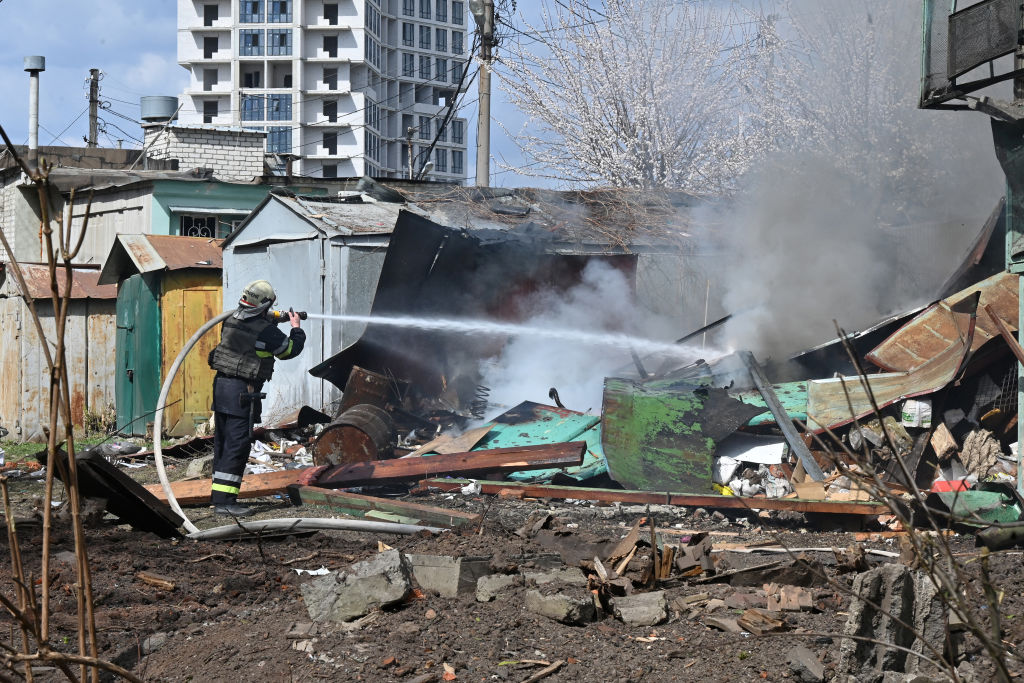







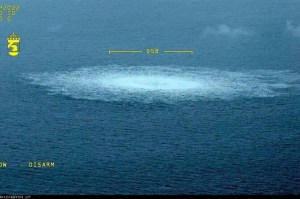

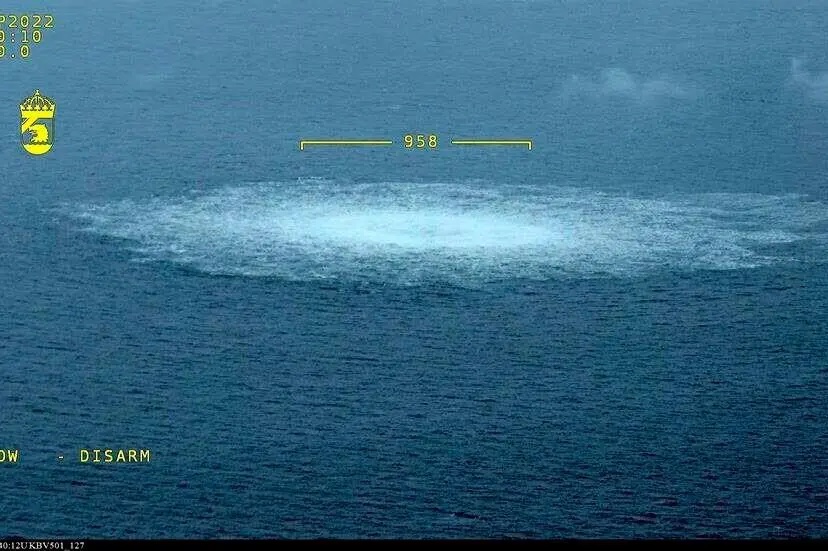
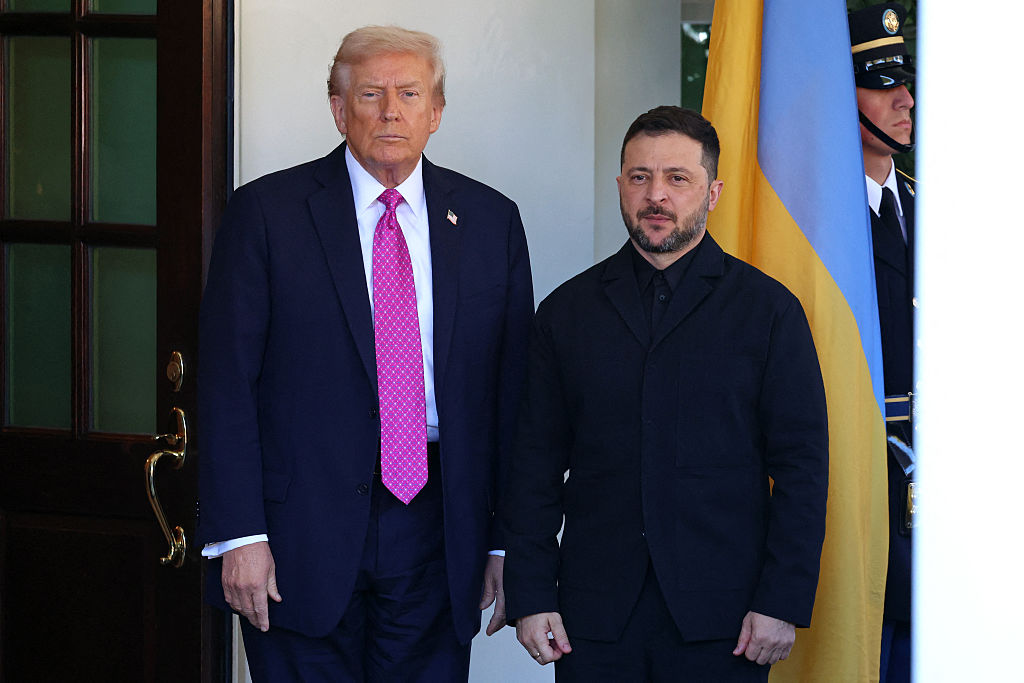


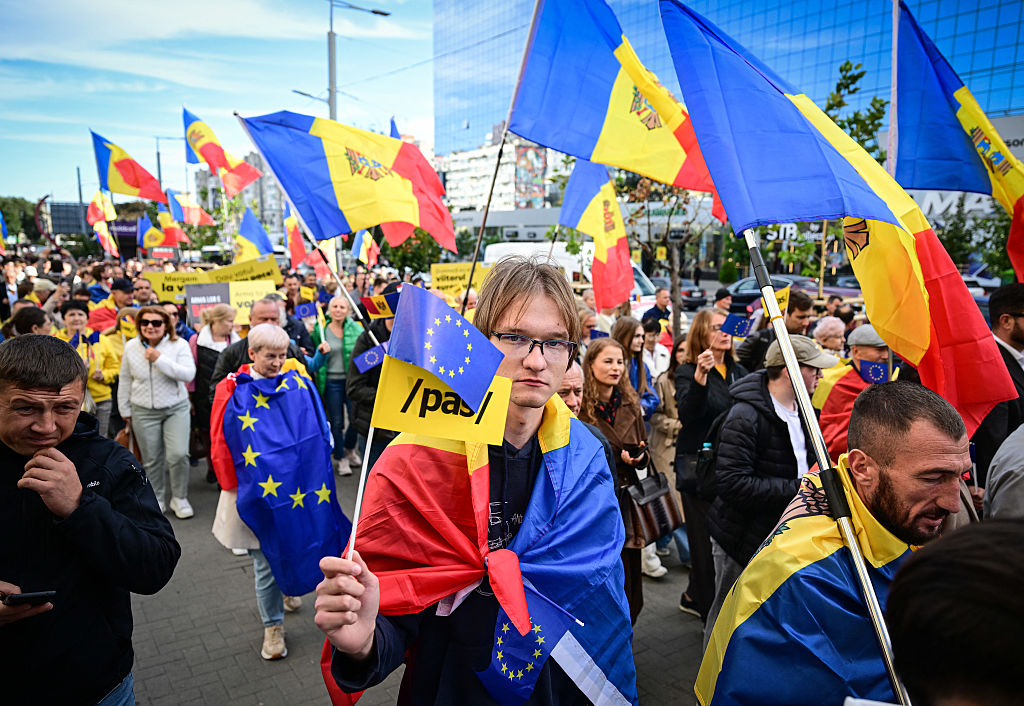








Leave a Reply